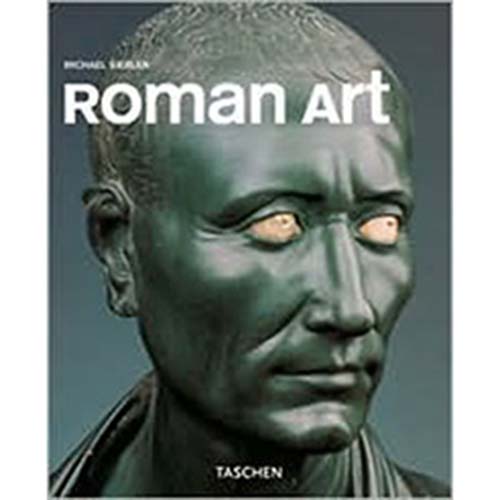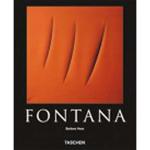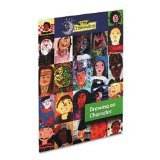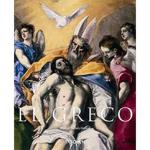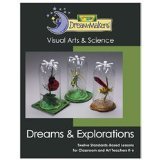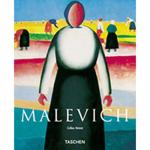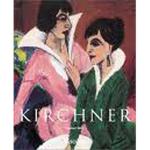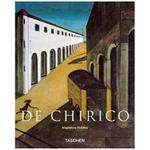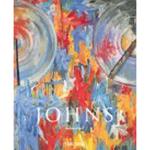(888) 311 - 7707
Email Us
| Wholesale Distributor & Retailer of Fine Art & School Supplies |
For a long time, Roman art was somewhat overshadowed by the art of ancient Greece. It was only in about 1900 that a search began for ancient Roman art and architecture. The foundations of Roman imagery were laid in the early days of the Empire under Emperor Augustus. The imperial court and the imperial family were role models for artistic style, taste and fashion – trendsetters, so to speak, which imperial society was obliged to follow. It was at court that the new took shape, pieced together from the vocabulary of Greek originals, copies and imitations as well as new creations, but fulfilling entirely new functions and expressing new meanings. The portrait of the ruler and the so-called state reliefs, which enhanced and embroidered real events, by depicting gods for example, had a particular influence in the shaping of the imagery. Using classical stylistic means, Roman art was able to fulfill all the desires and ideas of its patrons for more than two centuries. Featured works include: Augustus of Primaporta; Gemma Augustea; Lycurgus beaker; funerary relief of the Roman couple Publius Aiedius and Publia Aiedia; Constantine I in a helmet with the christogram; the portrait of a man, the so-called Brutus; equestrian statue of Marcus Aurelius; colossal portrait of Emperor Constantine I, group statue of the Emperors Diocletian, Maximian, Galerius and Constantine I, the tetrarch group, personifications of Macedonia and Persia. Each book in TASCHENs Basic Genre series features, a detailed introduction with approximately 35 photographs, plus a timeline of the most important events political, cultural, scientific, etc. that took place during the time period, and a selection of the most important works of the epoch, each is presented on a 2-page spread with a full-page image and, on the facing page, a description interpretation of the work and brief biography of the artist as well as additional information such as a reference work, portrait of the artist, and or citations

